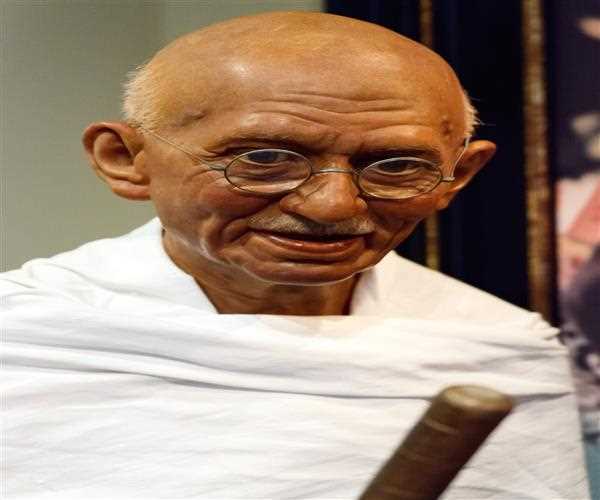“Your beliefs become your thoughts, your thoughts become your words, your words become your actions, your actions become your habits, your habits become your values, your values become your destiny- MK Gandhi.”
My Interpretation

In this quote, M K Gandhi encapsulated the flow from one's belief to one's destiny in the simplest way possible. Belief in something is a component of behavioural outlook. Because of the beliefs, thoughts have an affective component. Words, Actions and Habits are behavioural patterns reflected due to the thoughts, one is having about certain objectives. Finally, values and destiny are outcomes of one's actions.
In this entire chain, belief is the most important element. It is the belief that has finally produced Hitler and Martin Luther King. Beliefs are formed by taking into account a variety of environmental factors.
Social media is now playing an important role in changing people's beliefs. One should surround himself with positive people so that he can succeed.
A person goes through various stages of life with a goal to achieve, and how he achieves that goal is determined by destiny, but it is not easy to achieve. One goes through various stages of life with numerous beliefs, but only a few survive him. Genuine, logical, humanistic, liberal, Democratic values will triumph over strange ones, and only this will result in right habits, good values, and the right destination. One is greedy for money and believes that he will become the wealthiest man, but it all depends on his behaviour, habits, and values. If he tries to grab and hord by hook or crook, and others suffer, starve, or die as a result of his actions, it means that his dream of becoming wealthy has turned into a devilish, criminal, and rebuffing life.
Gandhi ji implemented the fate in ahimsa, Messiah to the subjugated, charismatic figure to the general public, village empowering women; at all stages, he stayed consistent with this philosophy, which led him to achieve independence from brutality, injustice, violence, and marginalisation.